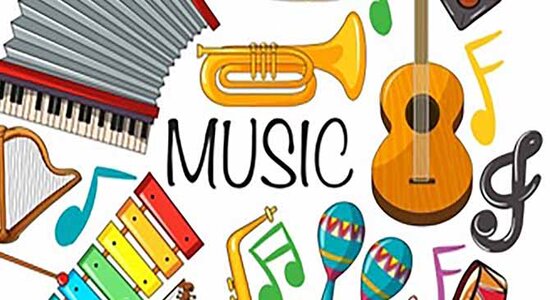Music Therapy Resources for Children with Developmental Delays
Music therapy has been recognized as a valuable therapeutic intervention for children with developmental delays, offering a range of benefits to support their physical, cognitive, emotional, and social development· Music therapy resources specifically designed for children with developmental delays provide a variety of tools, techniques, and activities to engage and support these young learners in a creative and therapeutic way·
One of the key benefits of music therapy resources for children with developmental delays is their ability to support sensory integration and regulation· Music therapy activities such as listening to music, singing, playing instruments, and moving to the beat provide opportunities for sensory stimulation and exploration, helping children with developmental delays develop body awareness, coordination, and sensory processing skills· By engaging in musical activities that appeal to their senses, children with developmental delays can improve their ability to regulate arousal levels, manage sensory sensitivities, and participate more fully in everyday activities·
Additionally, music therapy resources for children with developmental delays can help promote language and communication skills· Music is a universal language that transcends barriers and can be used to facilitate communication and expression in children with speech and language delays· Singing songs, chanting rhymes, and using musical instruments can help children with developmental delays develop vocalization, articulation, and expressive language skills, as well as improve auditory processing and comprehension· By engaging in musical activities that incorporate speech and language elements, children with developmental delays can enhance their communication abilities and build confidence in their verbal skills·
Furthermore, music therapy resources for children with developmental delays can support social and emotional development by providing opportunities for self-expression, creativity, and social interaction· Music therapy activities such as group singing, improvisation, and musical games encourage children to express their feelings, thoughts, and experiences through music, fostering emotional awareness and self-regulation· By participating in musical activities with peers, children with developmental delays can develop social skills such as turn-taking, sharing, and cooperation, as well as build relationships and connect with others in a meaningful way· Overall, music therapy resources offer a versatile and effective therapeutic intervention for children with developmental delays, providing a range of benefits to support their overall development and well-being· By incorporating music into therapy sessions, educators, therapists, and caregivers can help children with developmental delays reach their full potential and achieve success in all areas of life






